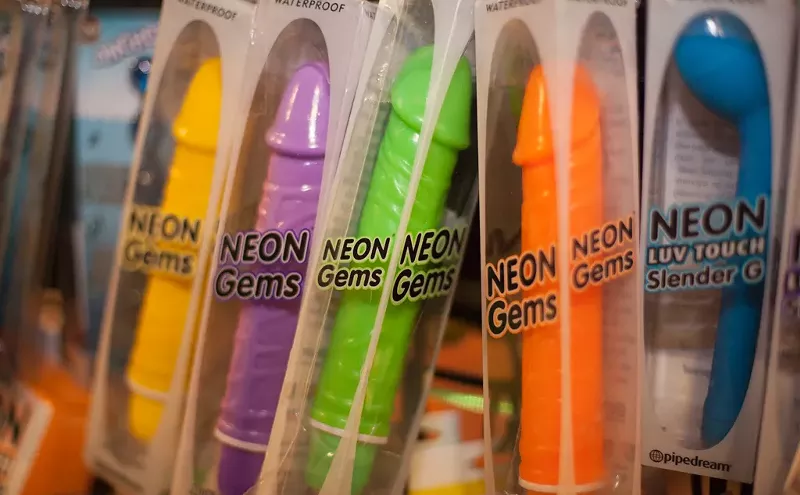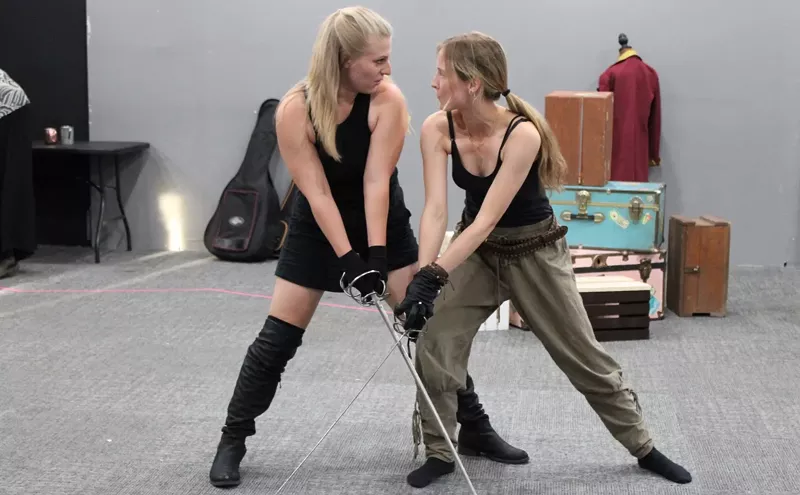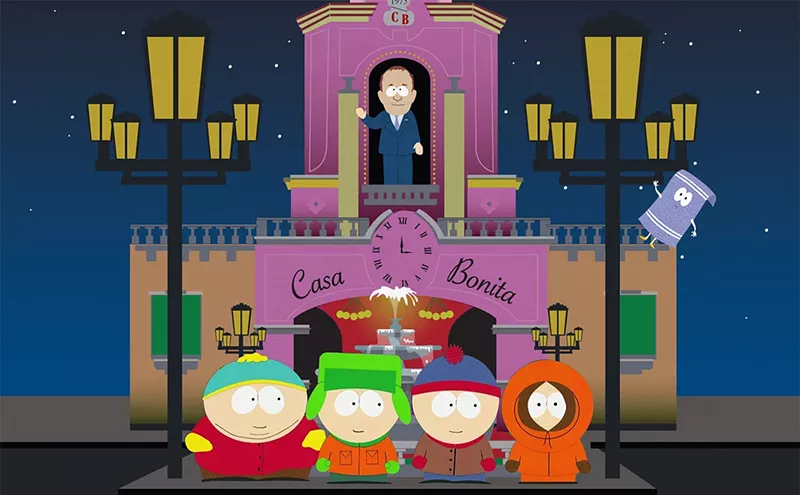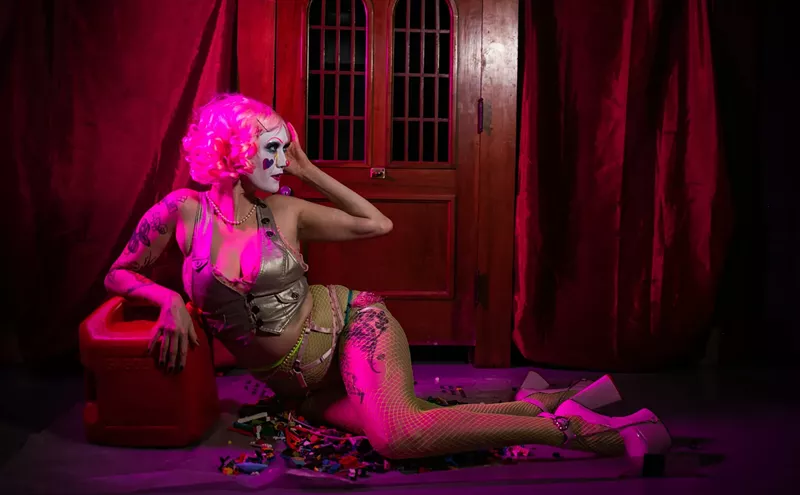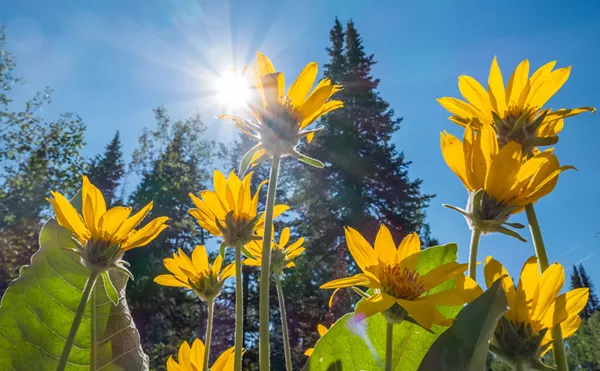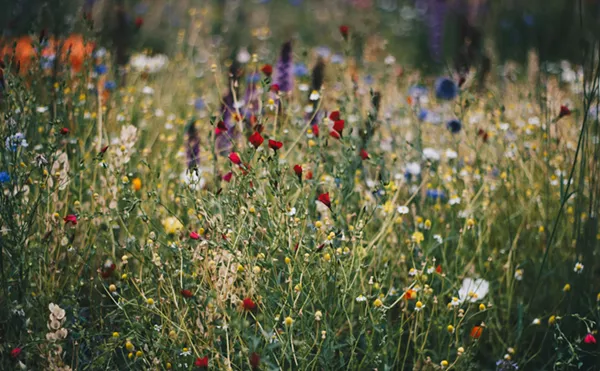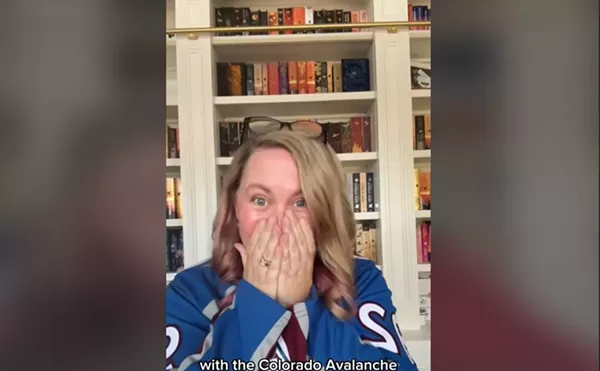How did you get your name?
I play a lot of bongos, and in Africa and they call me Bongo Love because I love bongos. I've been called that since I was ten years old.
When did you start carving?
I started carving when I was in Africa. I used to carve little stone sculptures with chisels and mallets. I started when I was about eight. My grandfather was a great sculptor, and he would carve his stuff -- and when he takes off one day, I was trying to carve his stuff. Then, from there, he gave me my own piece and said to me, "This is your own piece. Don't carve mine."
When I got older, I started carving boss stone and wood, but not with power tools -- just with hand chisels, mallets and axes. In African shoes, we put a little piece of metal in the sole, so that's one of the strongest metals, so we would take that metal and sharpen it. We couldn't afford tools, so we made our own tools out of those little pieces of metal.
In Zimbabwe, we're from the Shona tribe, and they are world-famous sculptors. That's when I started making sculptures for tourists. So whenever they saw an animal, like hippos or rhinos, they would want that as a sculpture. So we would carve them that.
When did you move to Colorado?I moved from Zimbabwe to Boulder in 2000, but I didn't carve for a while. I wanted to try and get my bearings right. I played music first, before carving. Homesickness turned me into a musician.
Why Colorado?
I have no idea. It's actually a funny story, because years before I came here, I met a tourist kid and he traded me a T-shirt that said "Colorado Rockies" on it. I had no clue what it meant, no idea. But it was one of my favorite shirts. Someone stole it, but when I came to Colorado, I thought, "Was that a connection?" But Colorado's been nice to me. I've learned a lot about the importance of education.
When did you start carving in Colorado?
Sometime in 2005. I could afford some tools, so I started buying little hand tools here and there. All of a sudden, while I was looking at the type of sculptures here -- trying to find the difference between sculptures in Africa and here, because sculptures are culturally motivated -- I saw a chainsaw competition in Craig, Colorado. I called them for the heck of it. I thought, "Oh, yeah. I could beat them."
Did you win?Not that time. That was the first time I carved with a chainsaw, and I was actually afraid of it. I bought a little, little chainsaw. I didn't know that to carve with chainsaws, you need a small one, a large one -- you need all different sizes. My chainsaw was too small. I couldn't even cut the tree. I even had a kid come up to me and say, "Hey! Cute chainsaw!" I didn't know what to say.
But one of the guys there said, "Hey, Bongo, you want a big chainsaw?" It was the hardest piece I ever made in my life. At that point, I didn't care if I won; my goal was just to finish my piece. I knew I wasn't going to win, yet, but I fell in love with it. This high-octane game is fun times. So I started looking for other competitions. Most of them happen on the West Coast, because that's where they cut a lot of lumber.
Do you have a favorite piece?
My favorite piece is something I haven't done yet, because your favorite piece is never done. When I'm working on the piece, I see it, and I'm in the zone. But after I'm done, I'm done.
Where do you get the wood?I work with a tree company, Taddiken. They're based in Boulder, so they have trees from people's yards and I recycle what they get. It's reclaimed wood. There are tons of different types of wood that I get, but I like to work with cedar a lot. It smells really good.
Are you still scared of the chainsaw?
I'm actually the master of the chainsaw now. They actually call me "The master of the chainsaw." We go to all the competitions now. Sometimes we only get fifteen to twenty minutes. I've got a lot of medals now. They know me. I show up and they say, "Oh, he's here. Uh-oh."
Will you keep doing this?
Oh, yes. Chainsaw art is actually a dying industry. Not too many people are doing it, especially women. It would be nice if we could have some more people out here just carving. Sooner or later we're going to have a chainsaw school, so we can teach kids how to fish, so they can be something in society. If you are out there and you want to learn how to use a chainsaw, you can come here, to The Front, to sign up. But you have to buy a chainsaw. Don't come without a chainsaw.
You can see Bongo Love carve live on May 19 at Jax Mercantile in Lafayette, 900 South Highway 287.
To see more pictures of Bongo Love's work, or more information on exhibitions and event, visit his web page. If you have chainsaws you would like to recycle, Bongo Love will take them. Drop them by The Front, 100 South Public Road, Unit A, Lafayette.



